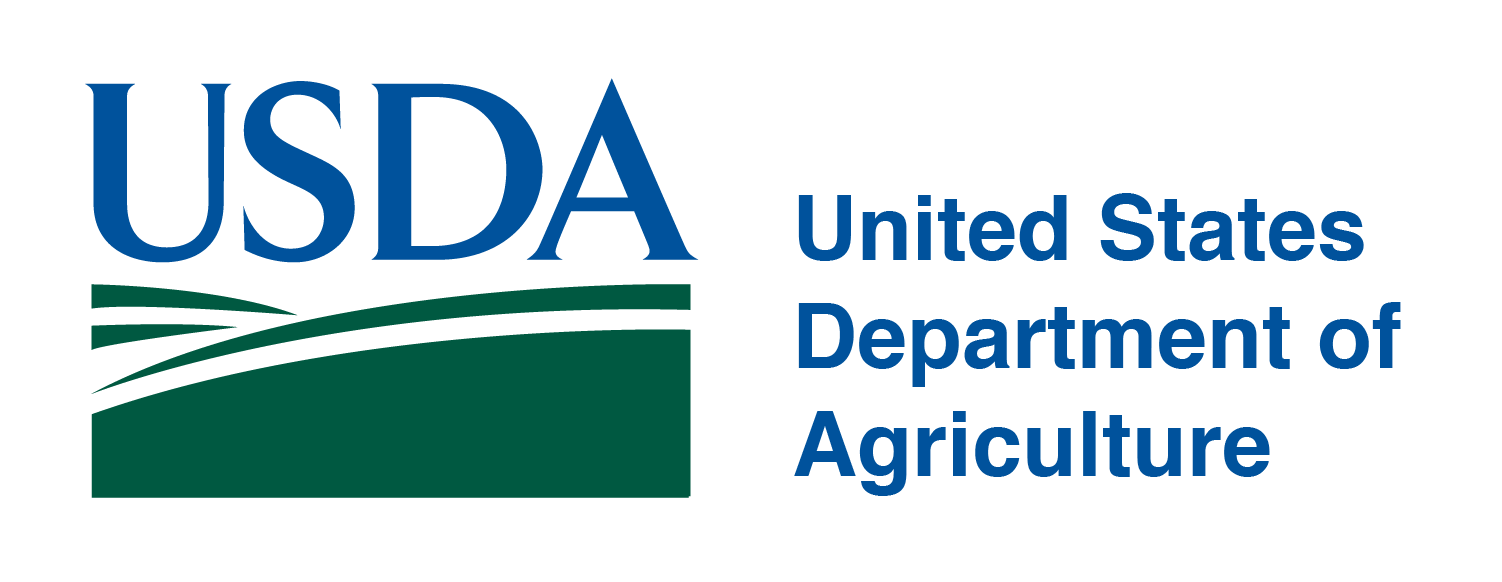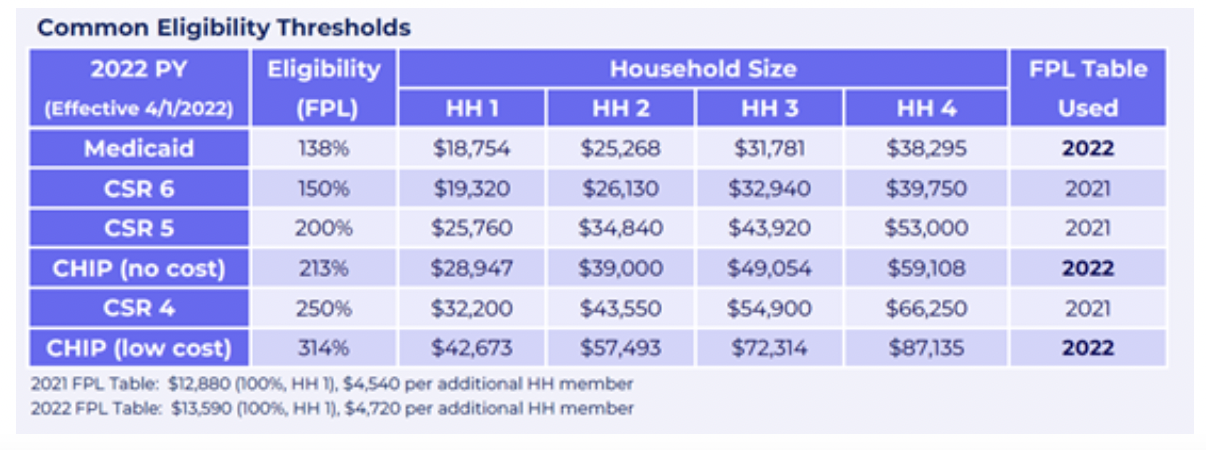
WASHINGTON, April 14, 2022 – U.S. Department of Agriculture (USDA) Rural Development Under Secretary Xochitl Torres Small today announced that the Department is seeking applications for grants that will help create jobs and business opportunities for socially disadvantaged groups in rural America.
USDA is making the funding available under the Socially Disadvantaged Groups Grant program, which provides technical assistance to socially disadvantaged groups in rural areas.
This program supports Rural Development’s mission to improve the quality of life for rural Americans and commit agency resources to those in need.
USDA is offering priority points to projects that advance key priorities under the Biden-Harris Administration to help communities recover from the COVID-19 pandemic, advance equity, and combat climate change. These extra points will increase the likelihood of funding for projects that will advance these key priorities and expand the geographic diversity of socially disadvantaged groups from these funds. A socially disadvantaged group is defined as one whose members have been subjected to racial, ethnic, or gender prejudice without regard to their individual qualities.
Eligible applicants include cooperatives, groups of cooperatives, and cooperative development centers where a majority of governing board members are from socially disadvantaged groups.
Grants must be used to provide technical assistance to socially disadvantaged groups in rural areas. The maximum grant award is $175,000.
Examples of technical assistance include:
- Feasibility studies
- Business plans
- Strategic planning
- Leadership training
Electronic applications must be submitted to Grants.gov by 11:59 p.m. Eastern Time on June 13, 2022.
Interested applicants are encouraged to contact their local USDA Rural Development State Office well in advance of the application deadline to discuss their project and ask any questions about the Socially Disadvantaged Groups Grant program or the application process. Contact information for State Offices can be found at http://www.rd.usda.gov/contact-us/state-offices.
Additional information is available on page 22171 of April 14, 2022, of the Federal Register.
If you’d like to subscribe to USDA Rural Development updates, visit our GovDelivery subscriber page.



